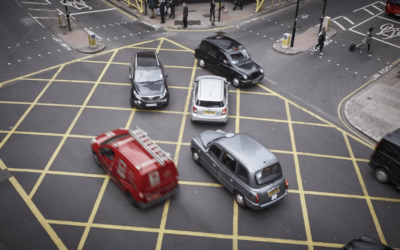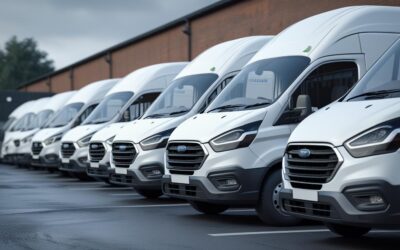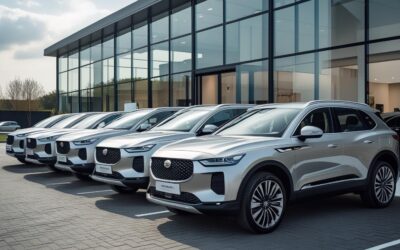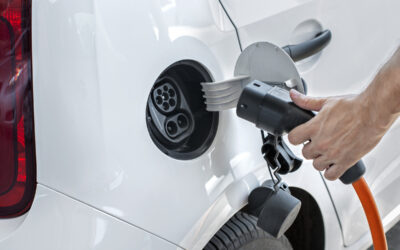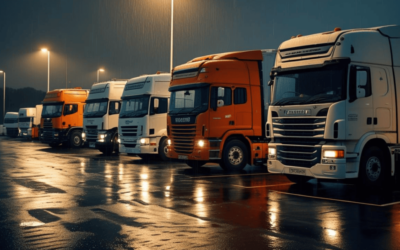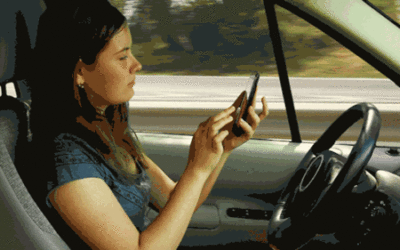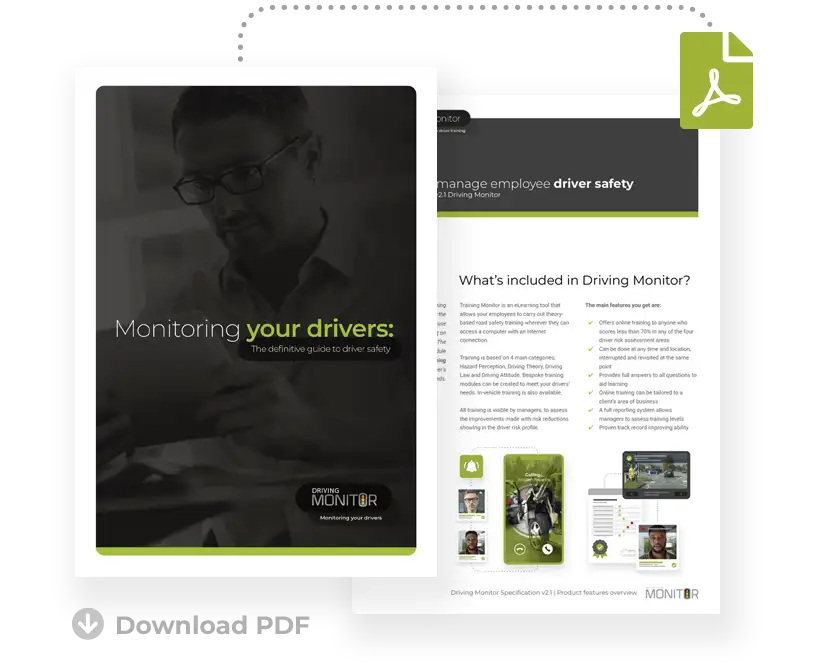Van or car? Future tax status hangs in the balance for fleets
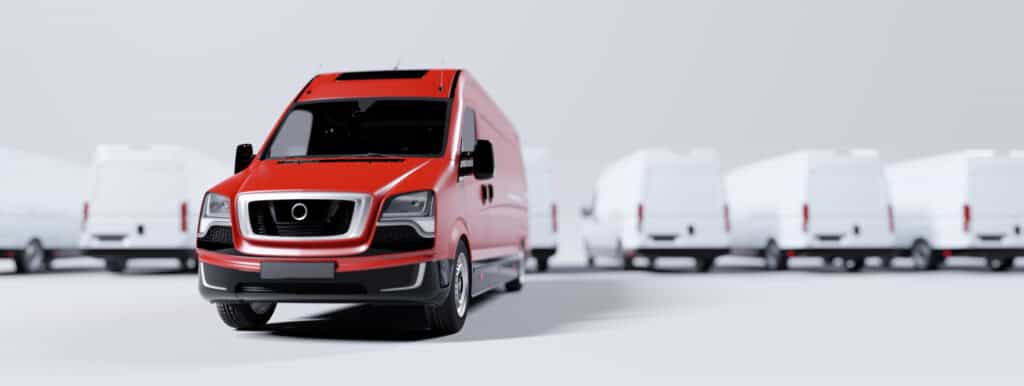
Coca-Cola will appeal a court ruling which could lead to an increase in tax due from fleet employers and drivers across the country.
It all hangs on the tax status given to Volkswagen Kombis and Vauxhall Vivaros.
Following a dispute between Coca-Cola and HMRC last year, the Court of Appeal ruled in favour of the tax body on the basis that these fleet vehicles should be classed as cars rather than vans.
They might not look like cars but, as the judge ruled, “the fact that a vehicle may look like a van is not conclusive”.
Regardless, the reclassification from vans to cars led to an increase in the amount of tax due from both Coca-Cola and the individual driver employees.
And if nothing changes, the decision will set a new legal precedent which could affect fleets and their drivers using these vehicles, in the form of higher national insurance contributions (NICs) and benefit-in-kind tax (BIK).
Now that Coca-Cola has sought permission to appeal, HMRC will wait to see if it’s granted before issuing more clarification over the classification.
Why the reclassification?
The case originally started in 2017 when a tribunal decided two Volkswagen Kombis should be reclassified as cars because of modifications. However, the same court ruled that a similarly modified Vauxhall Vivaro should still be considered a van.
Pretty confusing.
The rules that outline vehicle tax status come under the Income Tax (Earnings and Pensions) Act 2003 (ITEPA). They state that every mechanically propelled vehicle counts as a car unless it’s:
- A “goods” vehicle (i.e. it’s been manufactured primarily for conveying goods)
- A motor cycle
- A vehicle not commonly used for private purposes (e.g. a police car)
- Or an invalid carriage (e.g. a mobility scooter)
So why are Kombis and Vivaros now considered “cars” again?
It’s all to do with the number of seats in the back. The Kombi vehicles are fitted with a removable 3-person bench seat behind the driver as standard. Since the mid-section is just as apt for carrying goods as passengers, it was decided the Kombi couldn’t be regarded as a goods vehicle. In other words, for tax purposes, it’s a car.
But at the same time, the Vivaro was just found to be primarily suitable for carrying goods, despite featuring a second row of removable seats and a rear passenger window.
As you’d expect, this inconsistency led to HMRC appealing the decision on the Vivaro, while Coca-Cola disputed the Kombi ruling. But since the original rulings, the Tribunal has now reclassified the Vivaro as a company car rather than a van too, to avoid any more confusion.
What now?
Double-cab vehicles like these have grown in popularity over the last decade because of the lower tax level for vans.
According to the most recent figures, 80,000 UK employees pay company van tax, worth £60 million to the Treasury. On the other hand, company car tax paid by 800,000 employees pulls in £1.59 billion.
So as you can see, it’s in the Government’s interest for as many fleet vehicles to be classified as cars as possible. We’ll keep an eye on this case as the dispute continues, as the outcome could make a huge difference to vehicle choices for fleet drivers and decision makers in the future.
Have you had an experience like Coca-Cola’s? Drop a comment and tell us all about it.


